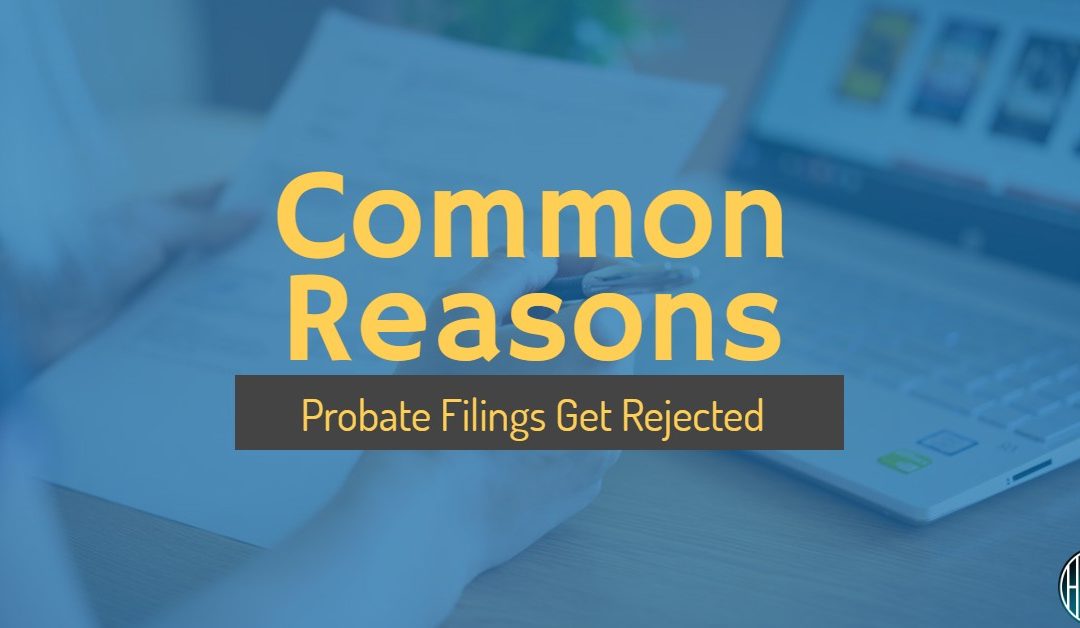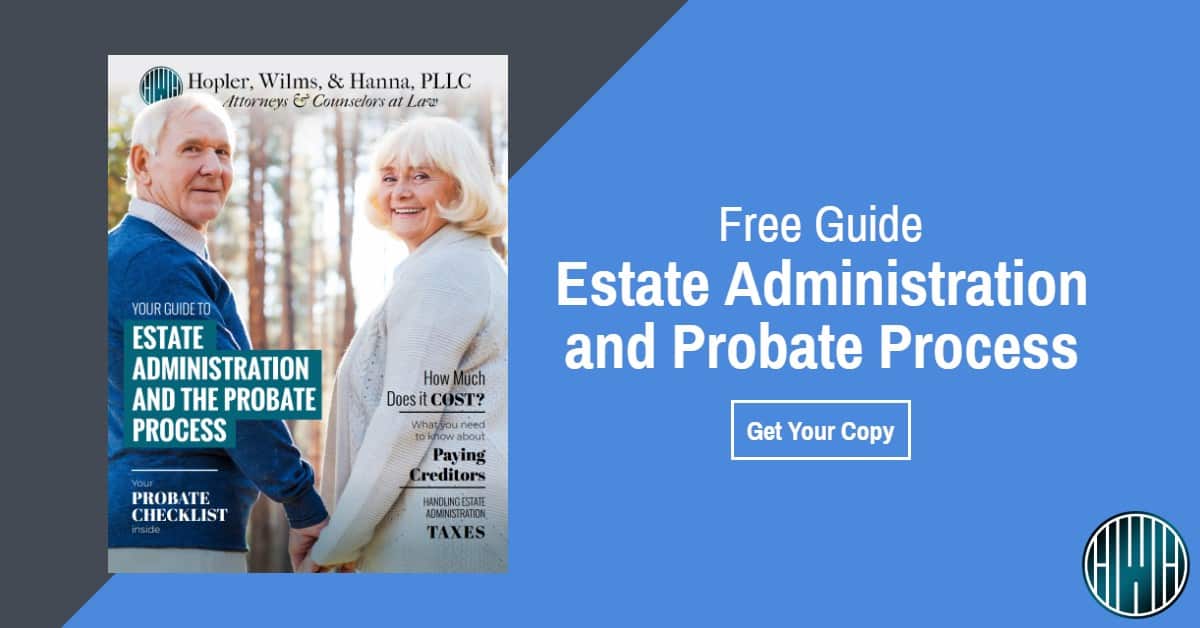Estate executors are responsible for filing an estate inventory as well as annual accounts with the Court. Sometimes, it may take several attempts to get the filings approved. In cases where the filings continuously get rejected, the executor may end up being held in contempt.
Contempt can come with the risk of jail time.
This is when an attorney may be necessary in order to fix the rejected filings, bring the estate into compliance, defend against the contempt, and get assistance in closing the estate.
Three months after the estate is opened, the executor is required to submit an inventory of the decedent’s assets as of the date of death to the Court. Fair market values should be used to assess the values of cars, jewelry, and any other tangible personal property.
If the decedent owned real estate, the tax value or fair market value should be reported. For bank accounts, the Courts require signature cards in order to verify the account ownership. The filing fee for this document is based on the number of assets solely owned by the decedent, so it is important that all figures be reported on the appropriate lines in order to avoid unnecessary fees.
Each year, executors are required to file an annual account.
The purpose of the annual accounts is to itemize the receipts, distributions, and disbursements of the estate. When the estate is ready to be closed, a final accounting will need to be filed.
The accounts will not be approved by the Courts unless every penny is properly accounted for with appropriate documentation to support the transactions.
The three key sections of an account are:
- Receipts: In this section, any receipts or income to the estate should be reported. This can include refund checks, tax returns, profits from the sale of property, or gains on stocks and bonds.
- Disbursements: Any expense of the estate should be recorded in this section. This can include court filing fees, bond premiums, and payments to creditors. The important thing to remember is that each disbursement should be backed up with clear documentation, such as receipts or bank statements, invoices, or all of the above.
- Distributions: At the end of the estate, distributions to heirs will be made. This is after all creditors have been paid and property is either sold or otherwise titled out of the decedent’s name. If there was a Will, the wishes of the decedent should be followed and any specific bequests should be honored.
The most common reason we see that filings are rejected is due to the estate being insolvent.
This occurs when there are not enough assets in the estate to pay the decedent’s debts. For example, say the decedent owned a car, had $1,000 worth of personal property and also had approximately $3,000 in a bank account that was solely owned. The amount of creditor claims totals $25,000. Since the car is only worth $5,000, and there is only $3,000 in the bank, the estate becomes insolvent.
In this case, the personal property will need to be sold to gather more funds to pay the claims. After that, the creditor claims will have to be paid on a pro-rata basis. Insolvent estates become even more complicated when there are Medicaid liens on real property, normally requiring the property to be sold in order to pay the debt. In all cases of insolvent estates, it is recommended that an attorney be retained to ensure all laws are followed and requirements are met.
Another common reason that filings are rejected is due to early heir distributions.
For instance, if an estate has several creditor claims, but the rightful heirs already cashed the checks for their share of the bank accounts, serious issues will arise. The same goes if personal property is distributed amongst heirs and it is later realized that the property needs to be sold to pay debts.
Accounts can also be rejected if there is an error in the figures reported. If there is any discrepancy in the amounts distributed or being held in the estate, the Court will reject the account.
An attorney experienced in probate law can assist by helping you understand what courts normally look for when dealing with a particular transaction. If you did perform a transaction that was incorrect, an experienced attorney will help you find ways to mitigate the damage caused by the incorrect transaction.
When an executor is facing contempt or rejected accounts, our probate lawyers have repeatedly assisted with resolving the issues, often without the need for clients to appear in Court.


